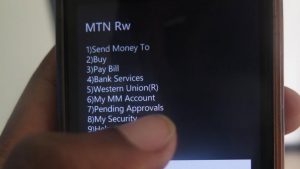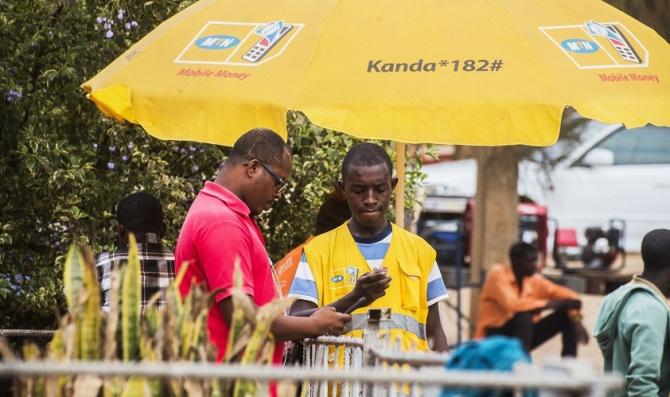The value of funds sent out via Mobile Money in Rwanda has increased by 450% in the first quarter of 2020. Records from the Rwanda Utilities Regulation Authority show a $42 million (Rwf 40 billion) transaction volume. This was occasioned by a sharp decline in the use of cash when paying for their goods and services.
The developments were inspired by the Central Bank and other local telecommunication companies eager to promote the shift to paperless money by temporarily waiving chargers on transfers between mobile wallets and bank accounts. The new measures are also recommended by health experts as a smart way of reducing the spread of COVID-19.
In March, the Central Bank zero-rated money transfer charges for a 3 month period. While the move is a temporary and welcome gesture in the promotion of a cashless COVID-19 economy, data from insight2impact reveals that those charges are a stumbling block in the adoption of digital payments in the country.

Unique mobile money subscribers who have shifted to mobile money transfers have risen from 600,000 to 1.2 million during the lockdown period even reaching 1.8 million in the last week of April. The value of money spent digitally from mid-Feb to mid-April rose by 700 percent in merchant outlets raising the uptick of cashless payments.
A new perspective?
The new debate has arisen over how one can maintain the momentum when the pandemic blows out and the temporary measures surrounding transaction fees are lifted. Cashless payments are more expensive to handle than cash-based, prompting a reluctance among entrepreneurs to adopt them. Hence, despite the explosive growth in mobile money penetration across the continent, most of the money is cashed out for everyday use instead. Data reveals that cash is costly for the banks to handle but cheaper from a consumer’s point of view. For instance, the cost of cash production in the Rwandese economy is $1.5 million annually, while the banks incur anywhere between Rwf18 billion and Rwf20 billion handling it.
Perspective
Withdrawal fees that are locally referred to as “ayo kubikuza” remain the biggest challenge to sound banking. Vendors often require this fee to be charged onto the actual price of a product or service, discouraging many low-income earners or people who carry out multiple transactions in a day. If they can be done away with, the market forces will naturally push the economy toward a cashless trajectory.
 We just launched our WhatsApp channel. Want to get the latest news from the Tech in Africa?
We just launched our WhatsApp channel. Want to get the latest news from the Tech in Africa?


